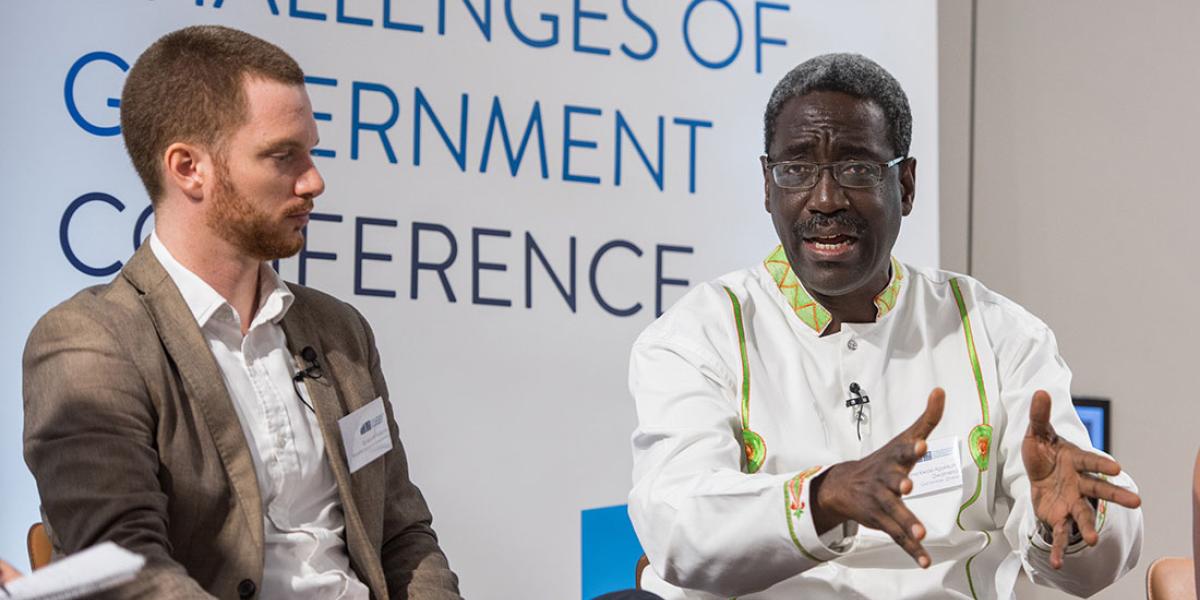Breadcrumb

In 2014, Nana Agyekum-Dwamena was named Ghana’s Head of Civil Service, tasked with reforming the 14,000-person institution that was widely considered to be plagued by low motivation, inefficiency, and weak performance. Just a few weeks into the job, he was approached with an opportunity from the World Bank, which provisionally offered to fund a multi-year reform programme that Agyekum-Dwamena could design. In many ways, it was a compelling offer: the Civil Service had extremely limited financial resources, yet improving its performance remained a political priority.
However, Agyekum-Dwamena had seen a series of donor-funded reforms fail to deliver since he had joined the civil service in the 1980s. The donor-funded projects often came with high administrative costs, and most had halted when funding ended or a new administration came into office. Agyekum-Dwamena had to decide if he should design a wide-sweeping reform programme to pitch to the development partner, or if he had other levers available for improving performance. For Agyekum-Dwamena, this decision raised a broader question about how he should approach the task of improving the performance of the civil service.
This case is accompanied by an epilogue which describes Agyekum-Dwamena’s decision in 2014 and how he approached reform in the years that followed.
- Learn from historical efforts to improve the performance of government bureaucracies;
- Diagnose and prioritise reform needs in government;
- Generate and critically interrogate ideas for and approaches to reform.
